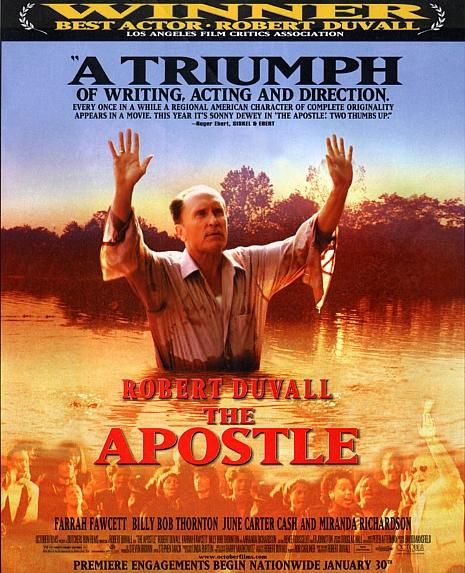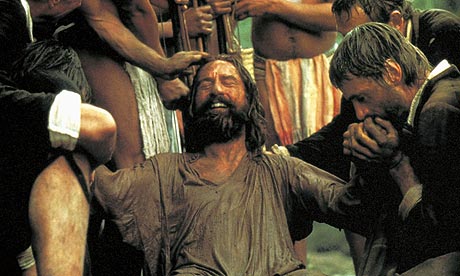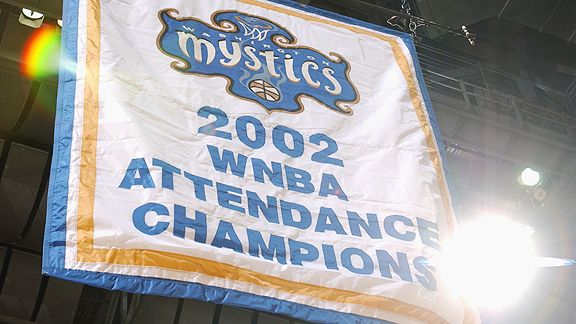 There's a scene in Fight Club, starring Brad Pitt and Edward Norton, which finds Norton being taught by Pitt to make soap.
There's a scene in Fight Club, starring Brad Pitt and Edward Norton, which finds Norton being taught by Pitt to make soap.Pitt's character, Tyler Durden, embodies everything Norton's unnamed narrator aspires to be. It's Durden who makes speeches about "the things [we] own end up owning [us]" and when confronted with the ugly truth about America's consumer culture simply spouts invective: "[Expletive] Martha Stewart. She's polishing the brass on the Titanic...it's all going down."
Through a series of circumstances too intricate to go into here, Norton comes to live with Pitt, and begins to lose the trappings of Americana: his home, his job, his yin-and-yang coffee table. Pitt though, still thinks Norton is being a poseur, simply acting like he's ready to let it all go, while still being too afraid to really take the plunge.
This is a conversion experience of the first order. This is what we might call "the cross side" of Christianity. Jesus said that if any wanted to become his followers, they had to deny themselves, take up their cross and follow him (Matt 16:24). We think that this means discipleship is a hard road, with a heavy burden to bear. We forget that people who carry crosses always end up in the same place: on them. Brad Pitt says, "First you have to give up. You have to know...not fear...know, that someday, you're gonna die." --> This is the first step to freedom: To know that the road of the cross leads to Calvary. He goes on: "It's only after we've lost everything that we're free to do anything."
 We resist. "Lose everything? Deny myself?" we protest. "But that'll mean weakness...and death. That'll be the end of me!" The somethings that we hold on to, the things we imagine are keeping us alive, are the very things that are killing us, and killing us for good. The things we own end up owning us. Ed Norton puts our greatest fear into words: "You don't know how this feels!" We cry so to God, "You rip my desires, my hopes, my dreams...my life!...away from me. You don't know how this feels!" Brad Pitt holds up his hand, showing his scar, proving to the faithless that he's been here before.
We resist. "Lose everything? Deny myself?" we protest. "But that'll mean weakness...and death. That'll be the end of me!" The somethings that we hold on to, the things we imagine are keeping us alive, are the very things that are killing us, and killing us for good. The things we own end up owning us. Ed Norton puts our greatest fear into words: "You don't know how this feels!" We cry so to God, "You rip my desires, my hopes, my dreams...my life!...away from me. You don't know how this feels!" Brad Pitt holds up his hand, showing his scar, proving to the faithless that he's been here before.
Like Thomas, converted by the wounds of the risen Christ, Norton is converted by Brad Pitt's wounds. He has passed this test. He has carried this cross. Jesus Christ has borne his cross so that death can be a beginning, rather than an end, for us. He died so that we might live. He died, and we died with him (Gal 2:20), so that now we can be free. We have to know...not suspect...know, the reality of the cross. It is only then that we can really be.









